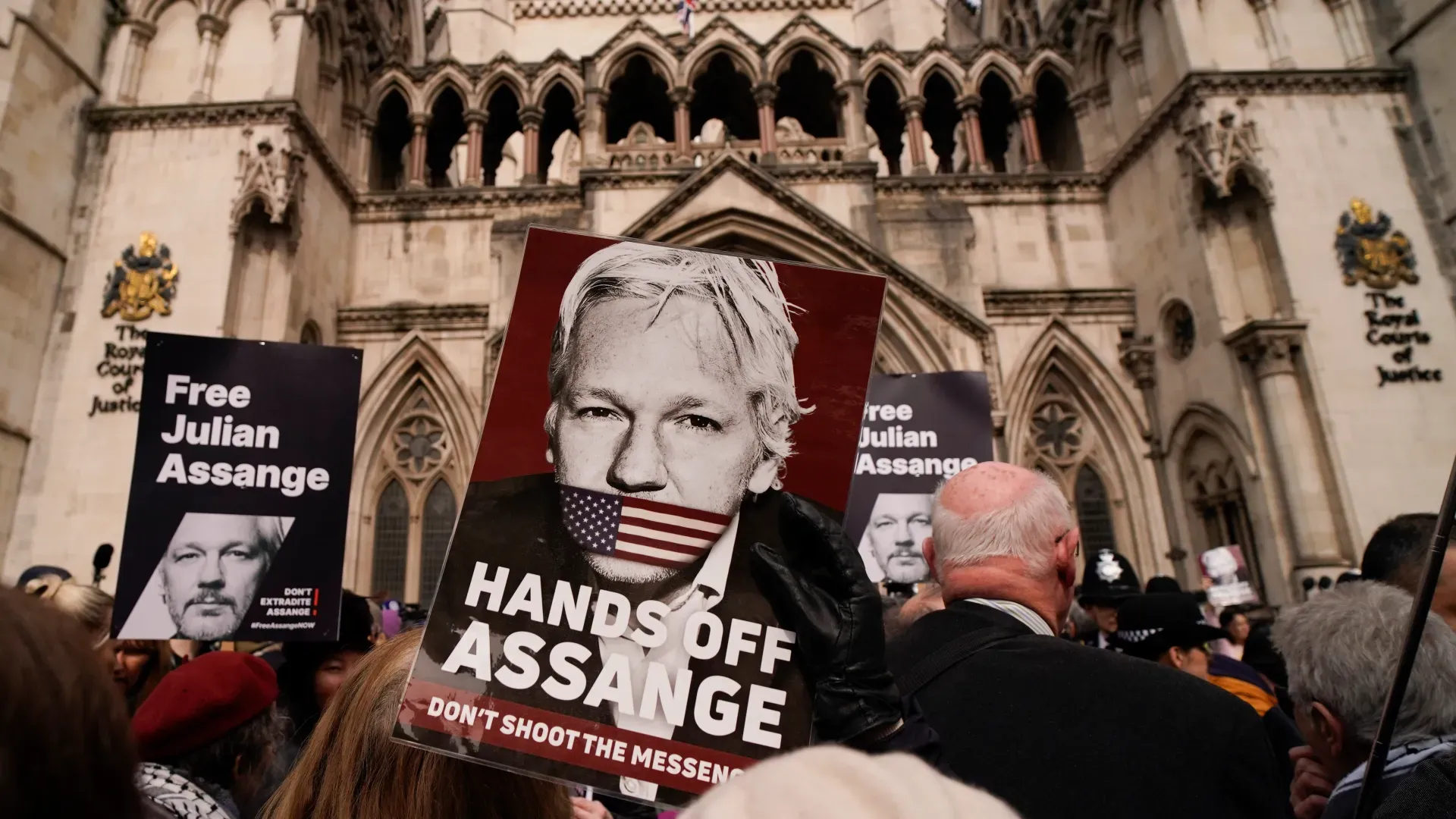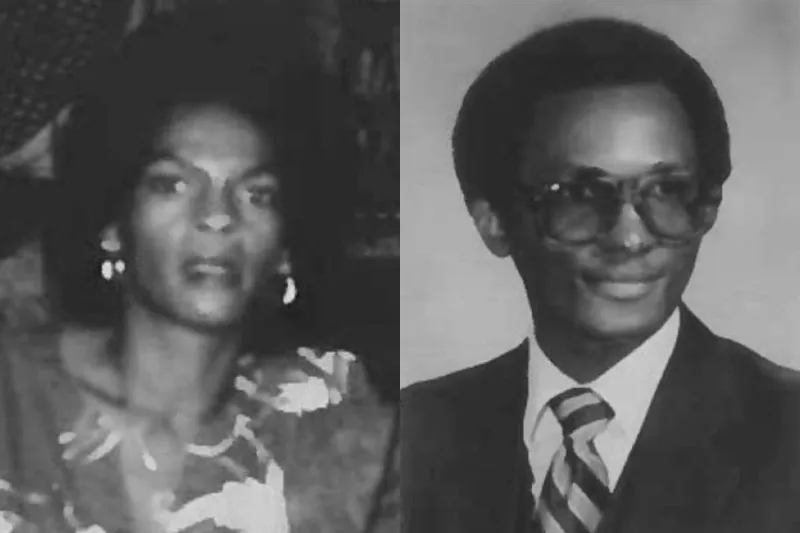Julian Assange Released from UK Prison Following US Plea Deal: Now Heading Home to Australia
In a significant turn of events, WikiLeaks founder Julian Assange has been released from prison in the United Kingdom and is now en route to his homeland, Australia.


This comes after Assange, 52, agreed to plead guilty to a single charge of breaching the espionage law in the United States.

According to court filings in the US District Court for the Northern Mariana Islands, Assange will plead guilty to one count of conspiracy to obtain and disclose classified US national defense documents. As part of this agreement, he was freed from the UK's high-security Belmarsh prison on Monday and promptly taken to the airport. Assange is expected to appear at a court in Saipan, a US Pacific territory, on Wednesday, where he will be sentenced to 62 months of the time already served.

Assange's Journey to Freedom
"Julian Assange is free," WikiLeaks declared in a statement on X. Assange was granted bail by the High Court in London and departed the UK from Stansted airport. A video shared by WikiLeaks showed Assange, dressed casually in a blue shirt and jeans, signing documents before boarding a private jet. The aircraft made a brief stop in Bangkok to refuel before heading to the US territory.
"Julian is free!!!!" wrote his wife, Stella, on X, expressing immense gratitude to the supporters who had campaigned for his release for years.

A Brief History of WikiLeaks
Assange gained international attention in 2006 with the launch of WikiLeaks, a platform designed for whistleblowers to anonymously submit classified materials. WikiLeaks became renowned for publishing significant leaks, including footage of a US Apache helicopter attack in Baghdad and hundreds of thousands of classified US documents relating to the wars in Afghanistan and Iraq.

Legal Battles and Charges
While WikiLeaks published documents from various countries, it was the US that took significant legal action against Assange. In 2019, during former President Donald Trump's administration, Assange was charged with 17 counts of breaching the Espionage Act. US authorities claimed he conspired with former army intelligence analyst Chelsea Manning, who had leaked a vast amount of classified material to WikiLeaks.
These charges sparked global outrage among press freedom advocates and Assange supporters. They argued that as a publisher and editor-in-chief of WikiLeaks, Assange should not be subject to charges typically reserved for government employees who leak information. Press freedom organizations warned that prosecuting Assange posed a severe threat to free speech and journalism worldwide.
A Path to Release
Assange's journey through the legal system has been long and complex. He was first arrested in London in 2010 on a Swedish warrant for sexual assault charges. He sought asylum in Ecuador's London embassy in 2012, staying there for seven years until his arrest by UK police in 2019 for breaching bail conditions. He has been held in UK prisons as the US extradition case progressed through the courts.

In recent months, pressure mounted on US President Joe Biden to end the case against Assange. The Australian government officially requested his release in February, with Prime Minister Anthony Albanese calling for Assange's return, arguing that his prolonged detention served no purpose.
Reflections and Future Implications
Assange's release marks a crucial moment for press freedom and the rights of journalists worldwide. His case highlighted the delicate balance between national security and the public's right to know. Advocates like Jodie Ginsberg, chief executive of the Committee to Protect Journalists, emphasized that prosecuting Assange under the Espionage Act could have set a dangerous precedent for journalists globally.
This plea deal, resulting in Assange's release, provides a face-saving resolution for the Biden administration amid growing international pressure. It underscores the power of quiet diplomacy and the collective efforts of Assange's supporters worldwide.

Conclusion
Julian Assange's release from prison and impending return to Australia bring a long and contentious saga to a close. While his legal battles have raised significant questions about press freedom and government transparency, his journey underscores the profound impact of global advocacy and diplomatic negotiations. As Assange reunites with his family and supporters, the world watches closely, contemplating the broader implications for journalism and the protection of whistleblowers.






